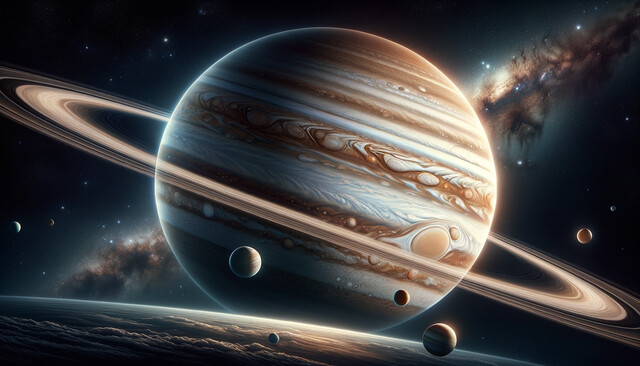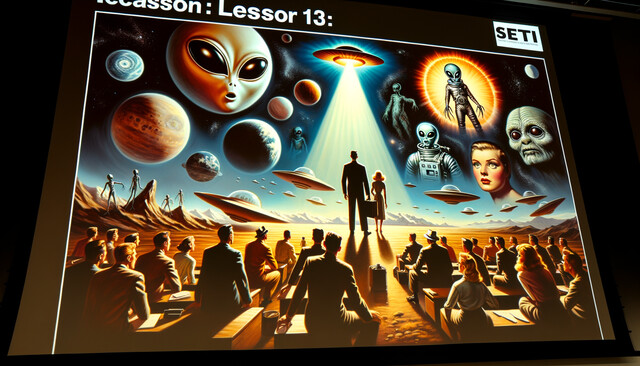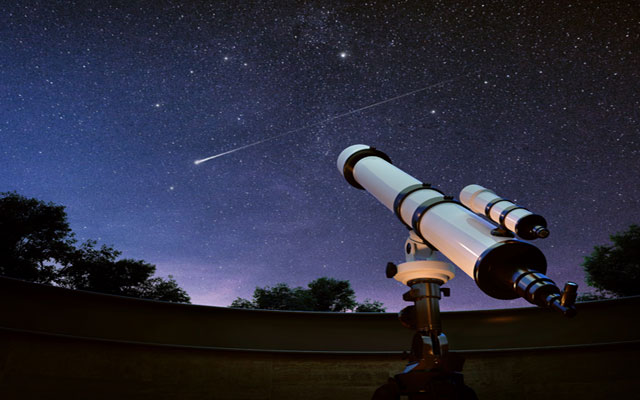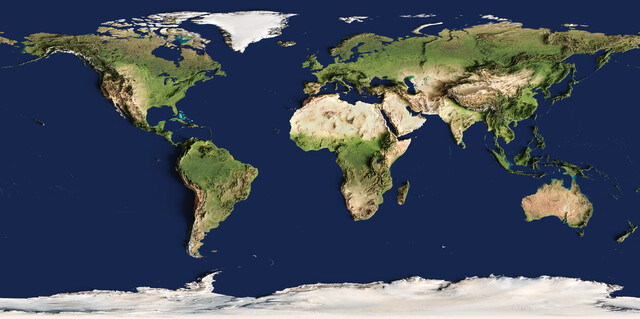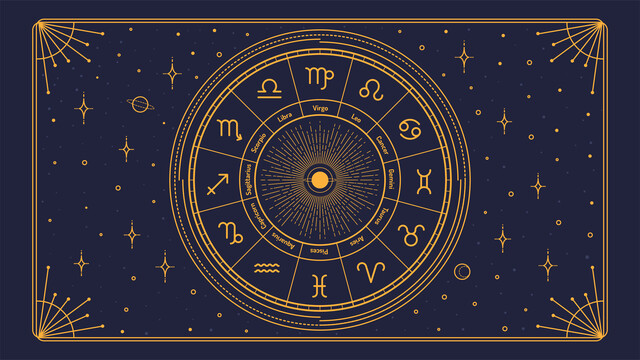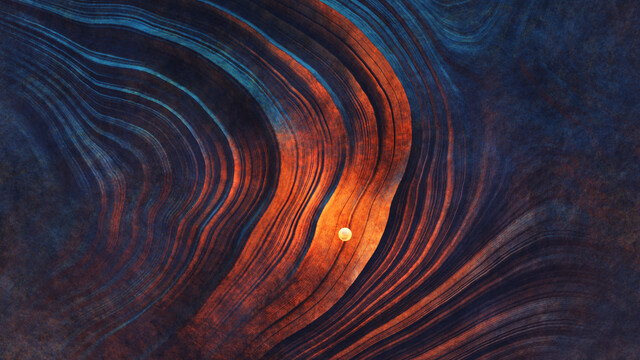History of the Universe
Journey Through Time: Explore the Cosmos' Origins and Evolution!
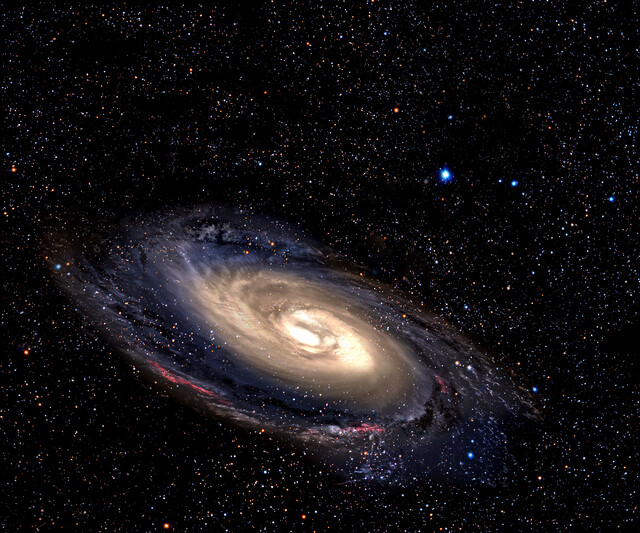
7 Hours average completion time
0.7 CEUs
13 Lessons
15 Exams & Assignments
13 Videos
15 Reference Files
Mobile Friendly
Last Updated February 2024
Journey Beyond the Stars: Understanding the Universe and its Mysteries
For countless generations, the cosmos has held humanity in its thrall, the glittering expanse of the night sky serving as a canvas for our questions, dreams, and speculations. Pioneers of ancient civilizations gazed upwards with wonder, seeking patterns in the stars and crafting myths to explain the celestial phenomena they witnessed. They contemplated a question that has intrigued every subsequent generation: How did it all begin?
Centuries of persistent curiosity led us to imagine a Universe without bounds, one that was timeless and endless. However, modern scientific advancements and breakthroughs over the last century have radically reshaped this perception. Today, while we possess a more detailed roadmap of cosmic evolution, this knowledge only adds layers to the enigma, encouraging us to delve even deeper.
Course Overview:
This enlightening course will journey through the vastness of space, retracing the steps of our Universe's inception, and branching out to the mesmerizing wonders it harbors. We shall dive into our solar system's intricate dance and further venture into the vast interstellar medium, aiming to grasp its profound mysteries.
Furthermore, our expedition will not just focus on celestial bodies but also celebrate the monumental discoveries and trailblazing minds that have expanded the horizons of our understanding.
Detailed Syllabus:
-
In the Beginning...The Big Bang: Delve into the explosive event that marked the inception of our Universe, understanding its nuances and implications.
-
Our Sun and Other Stars: Explore the fiery furnace of our solar system, the Sun, and journey across the galaxy, learning about stars' life cycles.
-
The Moon: Understand our closest celestial neighbor's role in shaping Earth's history and its significance in space exploration.
-
The Inner Planets: Study the rocky worlds close to our Sun - Mercury, Venus, Earth, and Mars, each with its unique attributes.
-
The Outer Planets: Journey to the gas giants and ice giants-Jupiter, Saturn, Uranus, and Neptune-and comprehend their dynamic atmospheres and intriguing moons.
-
The Asteroid Belt, the Kuiper Belt, and Pluto: Navigate the crowded regions of our solar system, observing the remnants of its formation.
-
The Constellations, Nebulae, and Meteors: Discover the stories written in the stars, and learn about the vast cosmic clouds and periodic visitors that light up our skies.
-
Global Warming: Understand this critical Earth-centric issue, its implications on our planet, and its relation to the cosmic environment.
-
Black Holes, Gamma-Ray Bursts, Neutrinos, and Other Phenomena in the Universe: Peer into the enigmatic regions of the cosmos, unveiling the mysteries of these powerful cosmic entities.
-
Comets: Trace the icy wanderers of our solar system, understanding their significance in deciphering the Universe's history.
-
The History of Knowledge About the Universe: Pay homage to the milestones and masterminds that paved the path for our current understanding.
-
Space Exploration, the International Space Station, and the Hubble Space Telescope: Celebrate human endeavors in space, our eyes above the atmosphere, and the groundbreaking discoveries they've facilitated.
-
Exoplanets and Extraterrestrial Life: Explore worlds beyond our solar system and contemplate the possibility of life elsewhere in the Universe.
Who Should Enroll?:
-
Astrophiles: Whether you're a professional astronomer or someone who simply loves stargazing, this course offers a wealth of knowledge.
-
Students: Enhance your understanding of the Universe, a perfect supplement to your academic pursuits.
-
Curious Minds: If the vast expanse of space has ever intrigued you, this journey will satisfy your thirst for knowledge.
In sum, the Universe is an ever-evolving tapestry of mysteries, a canvas of questions waiting to be answered. By enrolling in this course, you are taking a significant step towards grasping its complexities, reveling in its wonders, and understanding our place in this grand cosmic scheme. Dive deep into the celestial ocean, and let's explore the Universe together!
- Engaging in multidisciplinary research
- Analyzing complex astronomical data
- Appreciating scientific exploration history
- Problem-solving using astrophysical concepts
- Understanding cosmic evolution theories
- Critical thinking in cosmic contexts
- Communicating complex space concepts effectively
- Synthesizing astronomical discoveries
- Interpreting astronomical phenomena impacts
Choose from plans starting at just $16/month (billed annually)
See Your Team Succeed
Empower your team instantly with an integrative group enrollment system. Purchase licenses in bulk with Group Discounts.





